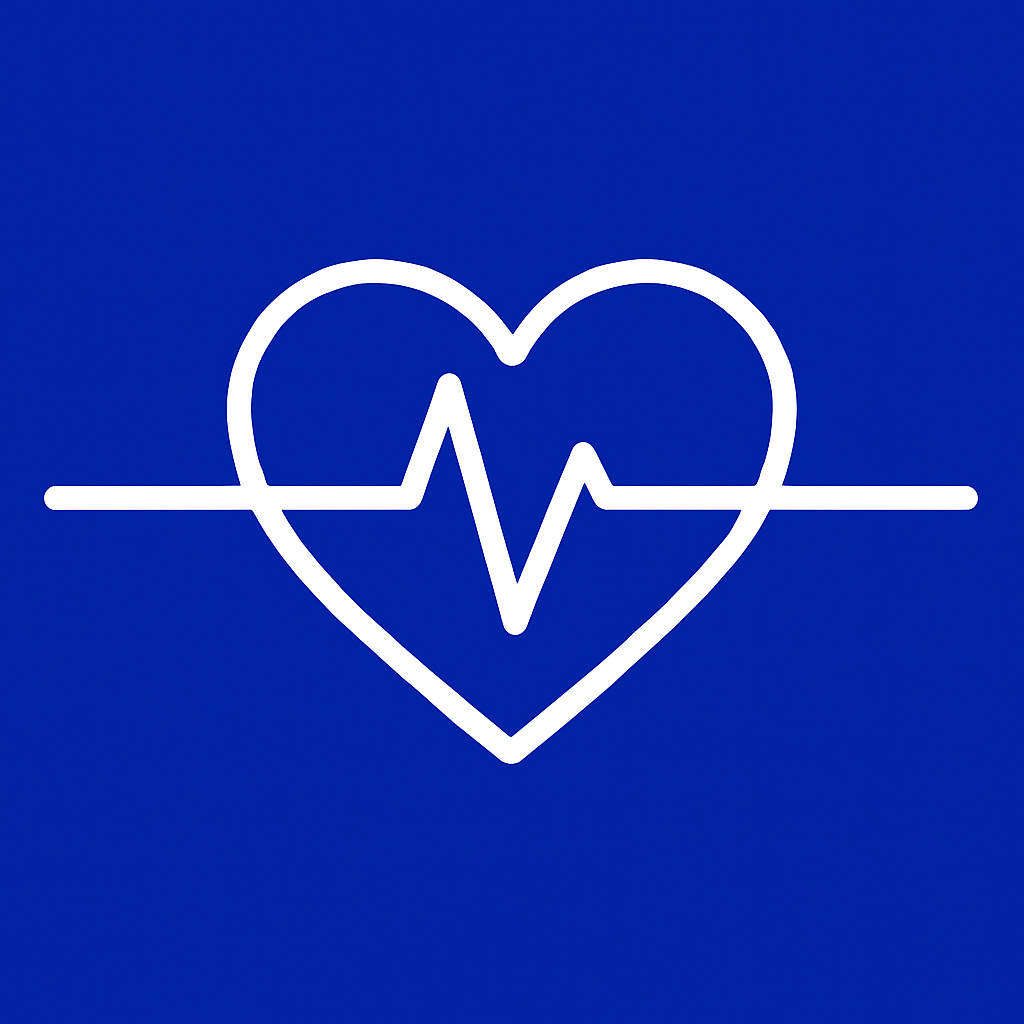Várhelyi sets out his sweeping plans to reshape Europe’s competitiveness in health
EU Health Commissioner Várhelyi has many ambitious plans and a tight schedule

Speaking at the Gastein European Health Forum, Health Commissioner Várhelyi laid out his vision for creating an innovative health ecosystem.
“We have the task of bringing together pharmaceuticals, medical devices, artificial intelligence and big data in a more agile regulatory environment if we want to unlock the brand new therapies, technologies and care models to serve the European people.”
Várhelyi appears undaunted, with a demanding agenda for the remaining three months of 2025: securing the “timely closing” of the Pharma Package and the Critical Medicines Act, revising the medical devices regulation to modernize pathways for innovative technologies, proposing a Biotech Act to streamline clinical trials and accelerate authorizations to support company scale-up, and launching a cardiovascular health plan.
He said that Europe had more than 30,000 small companies making medical devices that were spending time and resources on unnecessary clinical studies and audited up to four times per year, “at incredible cost”.
On clinical trials, he looked across the channel at the UK’s ability to rapidly authorise clinical trials in 30-60 days compared to 113 days for Europe. In terms of the authorisation of new medicines, Várhelyi pointed to the slow pace and the problem of regulations not working together compared to the US and China. In more general terms, he said that with one piece of legislation (the Critical Medicines Act) we are encouraging companies to locate in Europe, and with another, “for example, the Urban Waste Water Directive” we discourage them.
Health a budget winner: Asked about funding, Várhelyi says that health was “one of the big winners” in the Multi-annual Financial Framework (MFF) discussions. The Commission’s proposal allocates €22.6 billion under the European Competitiveness Fund to health, biotech, and bioeconomy, complemented by another €20 billion from Horizon Europe.
The burden of chronic diseases was directly linked to the competitiveness agenda, with a healthy population being both a pillar of society and a cornerstone of competitiveness, “hen we invest in resilience and in innovative health ecosystems, we are also strengthening our economy and our social cohesion”.
